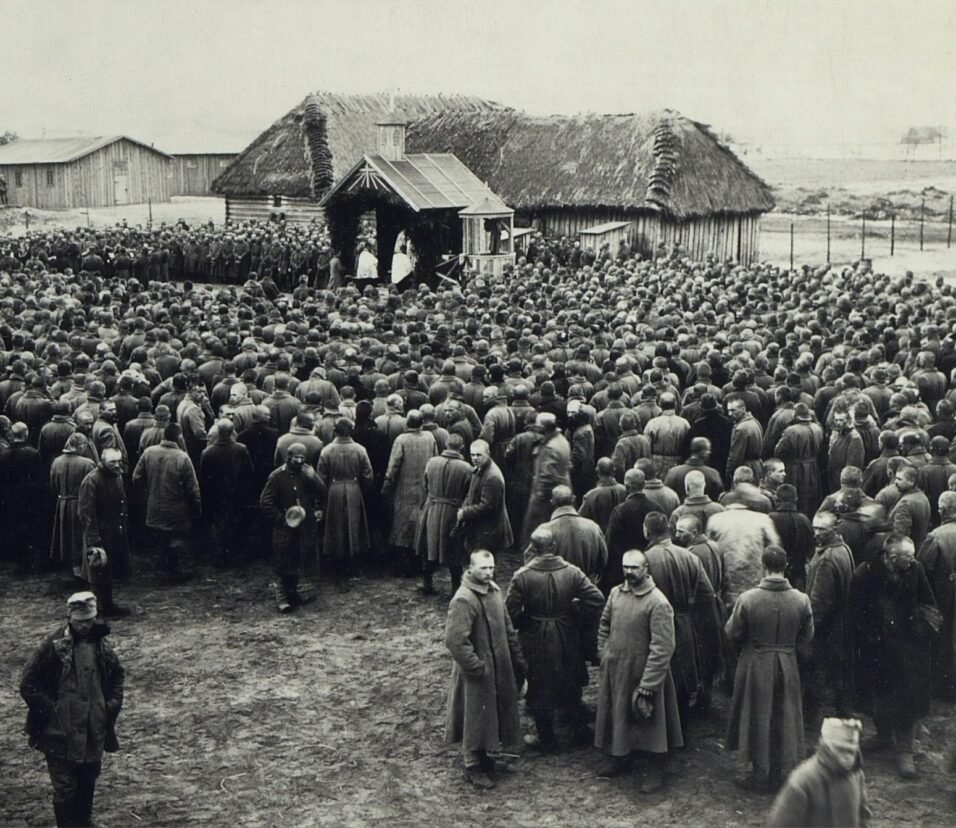British Acts Anger the Colonies
British Acts Anger the Colonies: The relationship between the British Empire and its American colonies in the 18th century was fraught with tension. A series of acts imposed by the British Parliament on the colonies exacerbated these tensions, leading to increased dissatisfaction and ultimately the American Revolution. This article delves into the significant British acts that angered the colonies, highlighting their implications and the colonial responses.
The Sugar Act (1764)
Purpose: Aimed to end the smuggling of sugar and molasses in the colonies and to provide increased revenue to fund British soldiers in North America.
Colonial Response: Colonists were angered by the high taxes on imported goods. This act led to a decline in the rum industry in the colonies due to the taxed molasses. Colonists began advocating for “no taxation without representation” as these taxes were imposed without their consent.
The Stamp Act (1765)
Purpose: This was the first direct tax on the American colonies, requiring them to print materials on stamped paper produced in London.
Colonial Response: The act was met with vehement opposition. The Sons of Liberty group was formed to oppose these taxes, leading to protests and boycotts. The Stamp Act Congress convened in 1765, uniting colonies in opposition to British taxation.
The Townshend Acts (1767)
Purpose: Imposed taxes on goods such as glass, lead, paints, paper, and tea imported into the colonies.
Colonial Response: Widespread protests ensued. Colonists boycotted British goods, leading to economic hardships for British merchants. Women, in particular, played a vital role in these boycotts, producing homemade goods as replacements.
The Tea Act (1773)
Purpose: Allowed the British East India Company to sell tea directly to the colonies, bypassing colonial merchants and undercutting prices. It was not a new tax but made the existing tax more apparent.
Colonial Response: The act culminated in the Boston Tea Party, where colonists, disguised as Native Americans, dumped an entire shipment of tea into the Boston Harbor as a form of protest.
The Intolerable Acts (1774)
Purpose: A series of measures meant to punish Massachusetts for the Boston Tea Party and to tighten British control.
Colonial Response: The acts further unified the colonies against British rule. The First Continental Congress convened in response, where representatives from twelve colonies met to devise collective responses to the British actions.
The Quartering Act (1765 & 1774)
Purpose: Required American colonies to provide food and shelter for British troops stationed in America.
Colonial Response: Seen as an invasion of privacy and an assertion of British dominance, this act added to the growing distrust of the British. Many colonies resisted providing for the troops.
The Proclamation of 1763
Purpose: Forbade colonists from settling west of the Appalachian Mountains, reserving this land for Native Americans.
Colonial Response: Colonists, eager to expand westward, were deeply resentful of this restriction. Many disregarded the proclamation, moving westward and creating further tensions.
The Declaratory Act (1766)
Purpose: After repealing the Stamp Act due to intense colonial opposition, the British Parliament passed the Declaratory Act, asserting its full power to legislate for the colonies “in all cases whatsoever.”
Colonial Response: While many colonists celebrated the repeal of the Stamp Act, the Declaratory Act’s implications did not go unnoticed. It was a clear statement that Britain had no intention of ceding power or recognizing the colonies’ desire for self-governance.
The Currency Act (1764)
Purpose: This act forbade the colonies from issuing their paper money and required them to use gold and silver for transactions.
Colonial Response: Given the scarcity of hard currency, this act created economic hardships for many colonists. They felt it was another attempt by Britain to stifle colonial growth and keep them economically dependent on the mother country.
The Spread of Ideas and Literature
The printing press played an instrumental role in galvanizing colonial opposition. Pamphlets, such as John Dickinson’s “Letters from a Farmer in Pennsylvania” or James Otis’s “The Rights of the British Colonies Asserted and Proved,” outlined colonial grievances and were widely circulated. These writings fostered a collective American identity against perceived British oppression.
Colonial Assemblies React
Local colonial governments did not remain passive. Assemblies, like Virginia’s House of Burgesses and Massachusetts’s provincial assembly, passed resolutions condemning British actions. These resolutions often declared the rights of the colonists and outlined the perceived overreaches of the British Crown.
Conclusion
The continuous implementation of these acts without colonial representation in the British Parliament was perceived as a blatant disregard for colonial rights. These acts not only strained the economic relationship between the mother country and the colonies but also fostered a growing ideological divide. Over time, “no taxation without representation” became more than a slogan—it became a rallying cry for American independence. The accumulation of these grievances eventually led the colonies down the path to revolution, fundamentally altering the course of history. The series of acts imposed by the British government were not isolated events but part of a broader pattern of colonial control.







